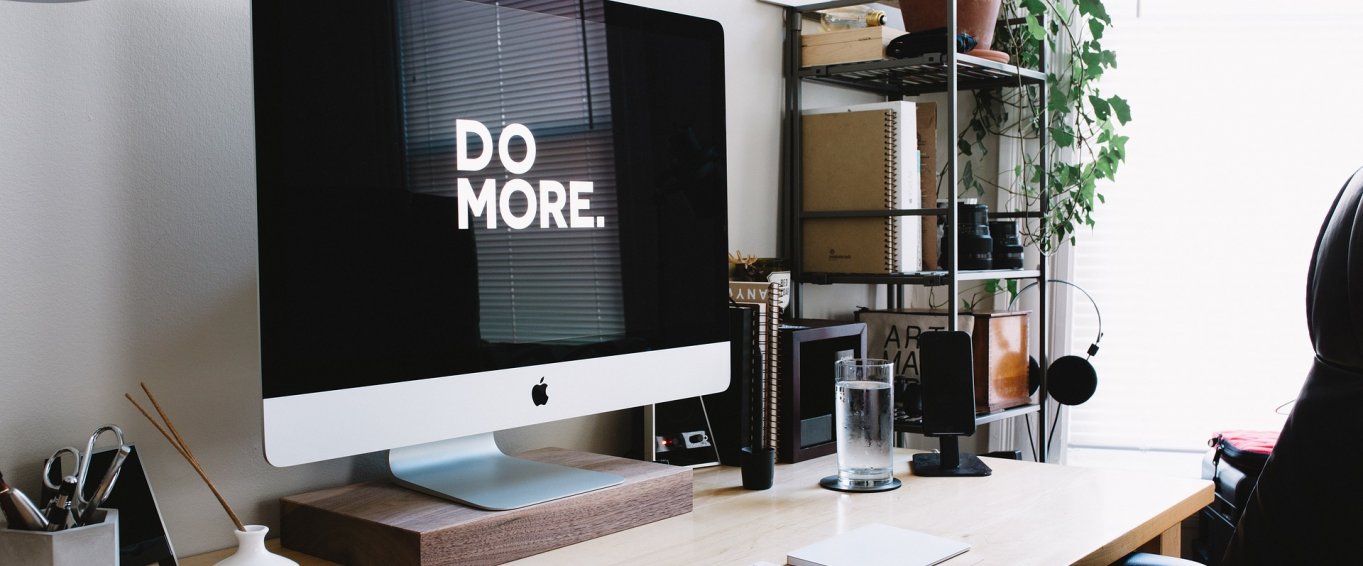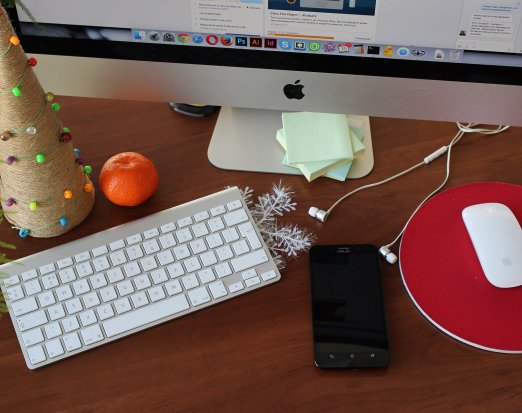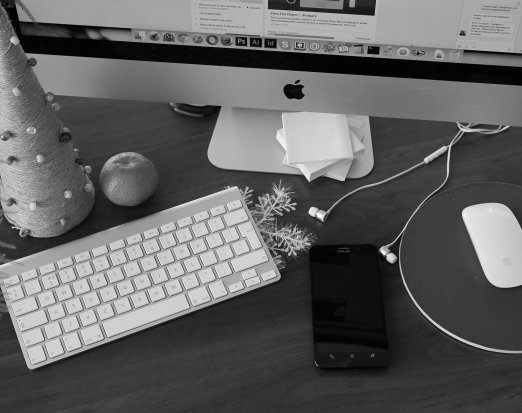The Truth about Sitting and What It Does to Your Body

They say sitting is the new smoking.
As far as health claims go, it's a big one. Tobacco related deaths total seven million every year. So, equating something as pervasive as sitting down with cigarette addiction is a serious move. On the other hand, the world is no stranger to spurious health advice.
In the UK, tabloids have linked everything from Facebook to soup, hair dye, mouthwash, Pringles, hot showers, chips, and talcum powder with a risk of cancer. Is it surprising people roll their eyes at this 'next big killer?'
The Quiet Danger of a Life in Chairs
Well, before you hit the sofa for a Netflix binge, you should know the facts. According to current research, anything in excess of six hours is a sedentary lifestyle. This means six hours or more spent sitting in a chair, over the course of a single day.
If it doesn't sound like much, it's because most of us have surpassed this by teatime. Office workers, in particular, spend upwards of five hours off their feet, sitting at desks. Most eat lunch sitting down. They stand to visit the bathroom, but this accounts for less than sixty minutes of movement per day.
So, how bad is it really? Nothing harmful enters the body. The organs aren't exposed to toxins or forced to work any harder. Yet, doctors say it costs two years of life. Worryingly, this is the case even if a person exercises regularly.
5 Reasons to Sit Less and Move More
-
After three hours of sitting, metabolism drops by 30% and the digestive system works less efficiently. Good stuff in the food you eat takes longer to be utilised and more of it gets stored as fat.
-
After a day of sitting, blood sugar rises. This is a big problem as it reduces insulin production. Impaired insulin function is a primary symptom of Type 1 Diabetes.
-
After five days of sitting, digestive enzymes drop to as low as 10%. Lipoprotein lipase is responsible for nullifying bad cholesterol in the blood. When inactive, there is a greater risk of heart disease.
-
After two weeks of sitting, the muscles begin to atrophy. It gets harder to climb stairs, lift objects, and walk for longer than a few minutes. For women, this also translates to bone wastage (about 1% per year).
-
After a decade of sitting, death rate increases by 20% for men and 40% for women. Scientists can find no variable (other than less sitting) to offset this danger. Age, sex, education, BMI, and general fitness do not counteract it.
The Easiest Way to Supercharge Your Health
The best solution is, of course, reduced sitting. If you want to lower the risk of degenerative disease, total time must not exceed six hours per day. Fortunately, this is easier to achieve than you might think, even with an office job.
It's all about variety. You don't need to run laps while answering calls. Treadmill desks, pull up bars, and tiny trampolines are fun and often effective, but they're flashy solutions and simple ones will do.
Sitting is not inherently dangerous. The risk comes from allowing the body to languish in energy saving mode. We are bipedal animals with big muscles designed for gross motor movement. Prolonged sitting squashes the internal organs. It curves the spine. It slows physiological activity.
Why Diversity of Movement Is Key to Good Health
Varied routines force the body to stay alert. Switching between sitting and standing, for example, is an easy way to avoid wasteful lulls. Sit for two hours, stand for two, and repeat. Get up every hour and walk around your workspace. Offer to run an errand. Fetch a drink of water. Do a quick stair climb. Instead of sending interoffice emails, walk to colleagues.
The goal is not to eliminate sitting, but to banish one dimensional routines.
Try to switch things up or change position every two hours. Your body is an engine. It relies on careful, constant use to stay well oiled, lubricated, and efficient. The less you use it, the stiffer it gets until, one day, the important parts seize up.
As most of these parts are irreplaceable, the time to protect them is right NOW.
If you're a business owner and need advice on improving health in your workplace, call 0161 300 9172. Or, drop us a message at info@amaven.co.uk.





